Created in the lab of César de la Fuente, this miniaturized, portable version of rapid COVID-19 test, which is compatible with smart devices, can detect SARS-CoV-2 within four minutes with nearly 100% accuracy. (Image: Courtesy of César de la Fuente)
Articles from Michele W. Berger
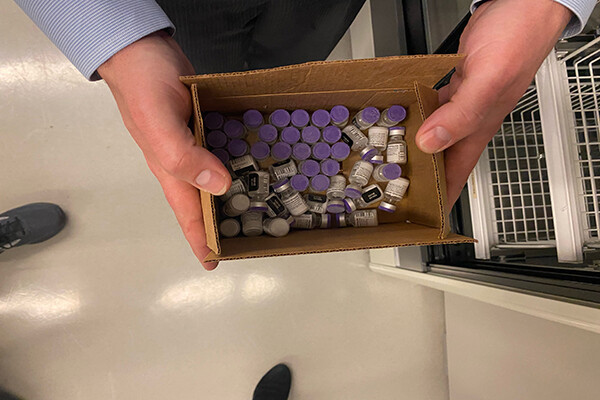
How can the world allocate COVID-19 vaccines fairly?

Self-awareness can drive behavior change, reprogram the brain’s reward system
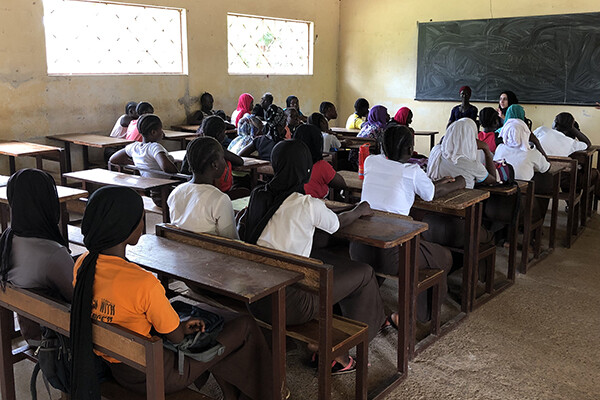
Side Gigs for Good across Penn
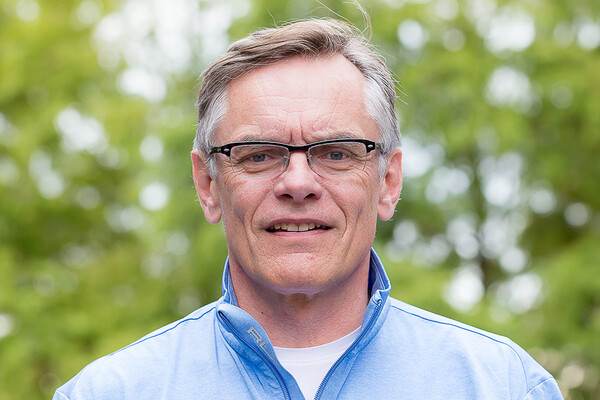
James M. Wilson, director of the Gene Therapy Program, the Rose H. Weiss Professor and director of the Orphan Disease Center, and a professor of medicine and pediatrics at the Perelman School of Medicine.
Repurposing a proven gene therapy approach to treat, prevent COVID-19
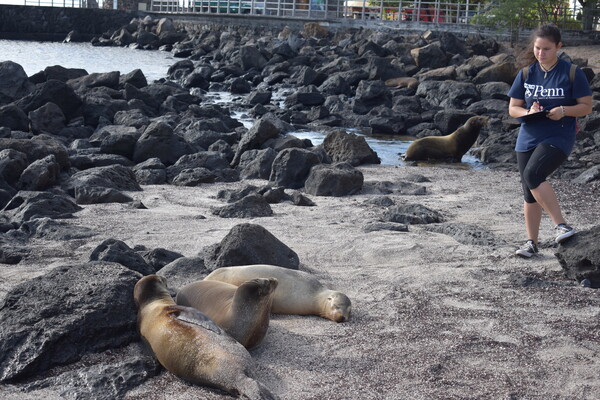
Twice a week between June and December of 2017 and 2018, local Galapagueño students observed sea lion behavior at four local beaches. The community scientists assessed how frequently the animals growled, barked, and moved toward the observer, as well as conducted an overall census of the animals. (Pre-pandemic image: Courtesy Michael Weisberg)
On Galápagos beaches, human presence conclusively affects sea lions
Ellen Iwamoto, director of research support services at the Annenberg Public Policy Center, was an avid gardener pre-pandemic. She decided to try kitchen scrap gardening, as well as growing some peanuts (seen here). (Image: Courtesy Ellen Iwamoto)
Seven ways to be green at home

Four strategies to find joy in a very different holiday season
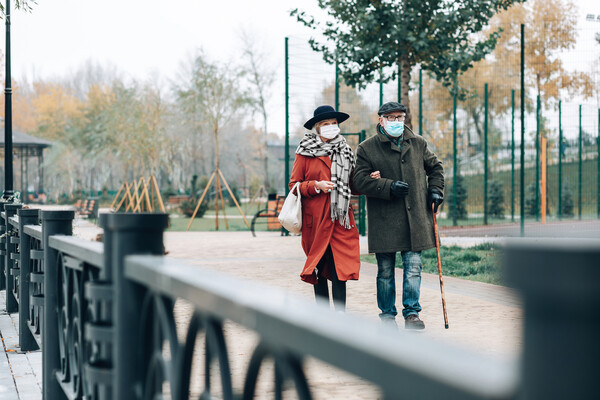
A new vision for the Population Aging Research Center
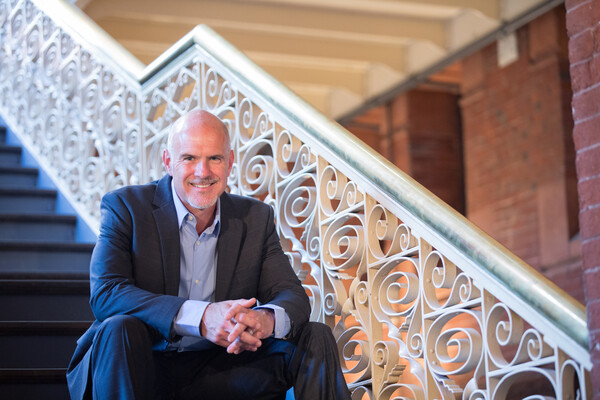
Penn Integrates Knowledge professor Michael Platt holds appointments in the Department of Psychology in the School of Arts & Sciences, the Department of Neuroscience in the Perelman School of Medicine, and the Marketing Department in the Wharton School.